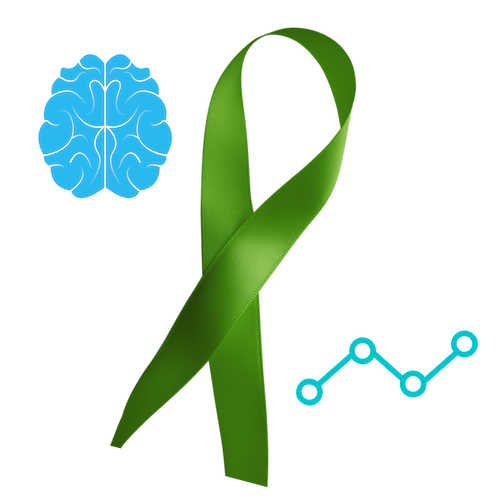Having social anxiety is an awful way to go through life. Humans are social beings both by nature as well as a part of societal norms and needs. To be diagnosed with Social Anxiety Disorder one must meet the following criteria (from the website Epocrates):
- Marked fear or anxiety in at least one social or performance situation during which there is possible scrutiny by others.
- Fear they will act in a way (or show anxiety symptoms) that will cause embarrassment, humiliation, or rejection by others.
- When exposed to the feared social situation, anxiety or a panic attack almost invariably occurs. This level of fear is out of proportion to the situation.
- Feared social or performance situations are either avoided or endured with intense anxiety/distress.
- The fear or avoidance interferes significantly with a person’s normal routine, occupational functioning, relationships, or social activities
- For both children and adults the duration of symptoms must last for at least 6 months.
- A different condition or an outside substance is not the cause of the symptoms.
I have experience with social anxiety. My anxiety has too often kept me home even when I have pre-paid to attend an event. It has kept me quiet in work when it would be beneficial to speak up. My anxiety has caused me to avoid social events with friends or potential friends. I believe that social anxiety also contributed to my alcoholism.
For me, when I am in a situation that triggers my social anxiety, I often forget what I am going to say or have trouble thinking of a response to what someone else has voiced. I will avoid saying anything when possible, but then worry that by doing so I am coming off as unfriendly. This fear then leads to me feeling more anxious. It’s a cycle that rapidly feeds itself.
The short video below share “confessions” of people living with Social Anxiety Disorder. A lot of these really resonated with me.
There are treatments for Social Anxiety Disorder. As we have seen for Generalized Anxiety Disorder and Panic Disorder, Cognitive Behavioral Therapy (CBT) is often very effective. CBT for this disorder may be conducted either individually or in group therapy. A therapist can help determine which treatment (or both) would be most effective for you.
Medications can also be used. SSRI’s and Effexor have both been proven to be helpful. SSRIs include drugs such as Celexa and Zoloft. Effexor is a different class of medication, an SNRI. Your doctor will work with you to find the most effective medication for you.
Next week I will be talking about Obsessive Compulsive Disorder. After that I’ll be moving into mood disorders. If you have a mood disorder and want to share your story, please let me know, I would love to include your experience.

